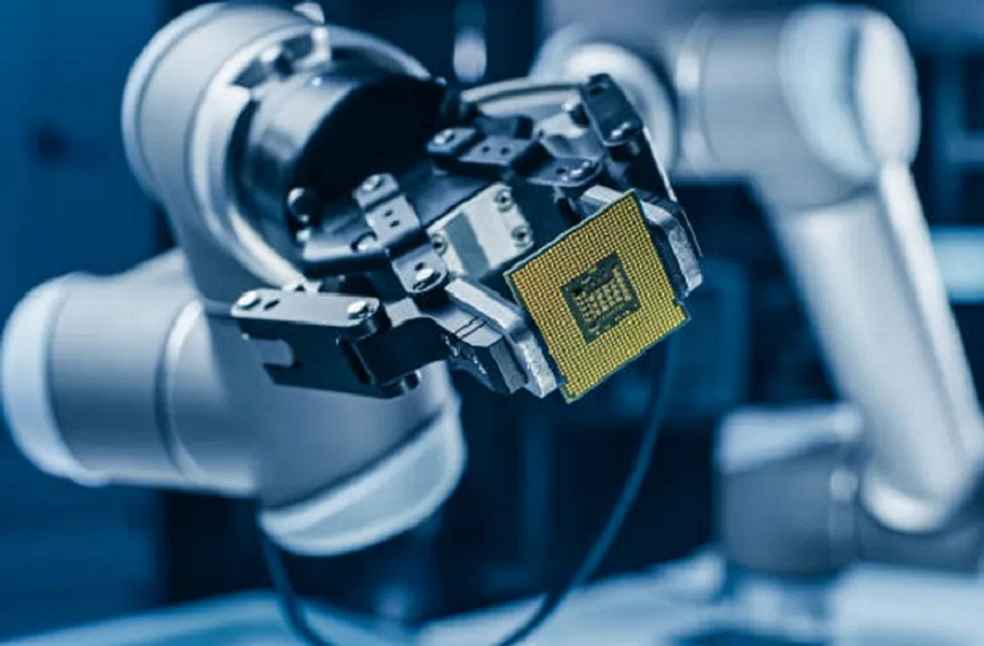The worldwide market for automotive semiconductors is on track for exceptional expansion, expected to eclipse $8.5 billion by 2027, propelled by advancements in digitalization and intelligent technologies within the automotive sector. A recent report from International Data Corp. (IDC) underscores this rapid evolution, driven by the escalating demand for high-performance computing (HPC) chips, image processing units (IPUs), radar chips, and lidar sensors.
Adela Guo, Research Director at IDC Asia/Pacific, highlights the rising demand for advanced driver assistance systems (ADAS), electric vehicles (EV), and Internet of Vehicles (IoV) as key growth drivers. “The compound annual growth rate (CAGR) for the 2023–2027 period is projected at 7%,” states Guo, reflecting strong industry momentum.

Electrification in the automotive industry gains further momentum from global vehicle emission restrictions and supportive governmental policies for new energy vehicles. Leading this charge are regions such as China, Europe, and North America with their stringent environmental standards that accelerate developments in EVs and hybrid electric vehicles (HEVs).
Automotive semiconductors are indispensable across multiple applications. These chips enable autonomous driving systems to perform real-time perception and decision-making through advanced data processing of inputs from sensors, cameras, and radars. In smart cockpits, semiconductors facilitate high-resolution displays, speech recognition, and touchscreen interfaces, significantly enhancing comfort and user interaction.
Additionally, semiconductors in powertrains optimize motor control and energy efficiency for EVs and HEVs. They are also vital for advanced safety and control mechanisms in chassis and body systems through support for ADAS and stability controls, which critically boost vehicle performance and user experience.

“Smart cockpits and autonomous driving are the fastest-growing segments,” Guo explains. “Predictions indicate these areas will command over 50% of the market share by 2027.”
With ongoing advancements in use cases, and as technologies like 5G and IoV reach maturity, semiconductors in automobiles will have a broader and more significant impact. The automotive semiconductor market stands on the brink of major technological innovations and cost improvements, essential for transforming the automotive industry to meet the increasingly sophisticated demands for safety, comfort, and environmental stewardship.
MAJOR EVENTS | Geneva Motor Show Axed: Industry Shifts Spark Indefinite Cancellation





